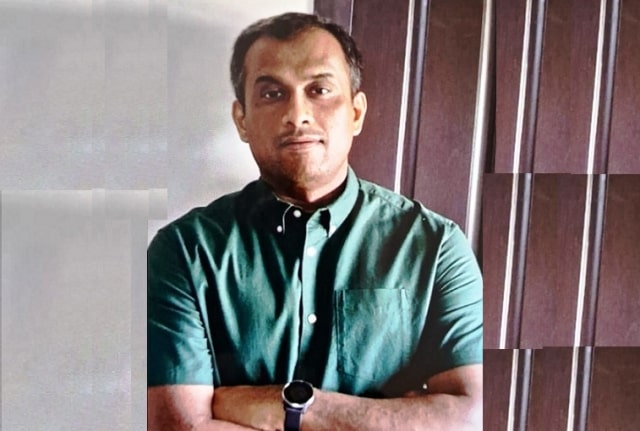Atul Pandey, a lawyer practising in the Delhi High Court, says the apex court order on surveys of religious places does not address the trouble brewing underneath. His views:
There is no doubt that the Supreme Court’s decision ASI surveys of several places of worship on lower courts’ orders has brought down the simmering communal tension over such action. However, this order does not address the real problem of distrust and tension brewing between members of different communities. The apex court has merely provided a temporary solution.
The order, issued on December 12, has prohibited: 1) The registration of new suits challenging the ownership or title of any place of worship; 2) The passing of any effective or final orders, including orders for surveys, in pending suits and; 3) The passing of any interim or final orders by any lower court regarding surveys of any place of worship.
Now please note, fresh suits will not be registered, but nothing stops a party from filing such a suit. Media reports have also indicated that 800 such cases are in the process of being of filed. So the honourable court has merely put a lid on the religious disharmony caused by such legal suits but did not provide any lasting resolution.
Another issue is that a blanket ban on such activities will definitely hamper some genuine or important cases that were nearing completion in favour of the claimants in some particular places of worship, where the disputed structures had been forcibly built after dismantling the previous place of worhsip.
ALSO READ: ‘SC Was Right In Applying Brakes On Bulldozer Action’
It is also to be mentioned that the maximum number of cases of surveys or lawsuits of religious places are filed in one state that is Uttar Pradesh. The first name that comes to mind is the Gyanvapi Mosque of Varanasi, where a survey was conducted after a new petition was filed in 2021. After this, on the orders of the court, worship started in the temple present in the basement of the mosque in February 2024.
Similarly, a petition claiming that Shahi Idgah Mosque in Mathura was the birthplace of Lord Krishna was filed in 2020. I would specifically not go into depth and pinpoint the other locations and cases (that are much talked about and discussed on all platforms), but it is true that there is a general feeling of injustice among one community for the historical prejudices at the hands of power that be.
In fact the Places of Worship Act itself has also been challenged in the Supreme Court while many similar cases are going on in the lower courts. In such a situation, in my personal opinion, it should have been regarded whether any orders can be issued or not at all. These petitions should be heard soon as if there is a delay it will impact the social harmony of the country. It is the responsibility of higher courts to take some viable and concrete stand to address such issues once and for all.
As told to Rajat Rai
